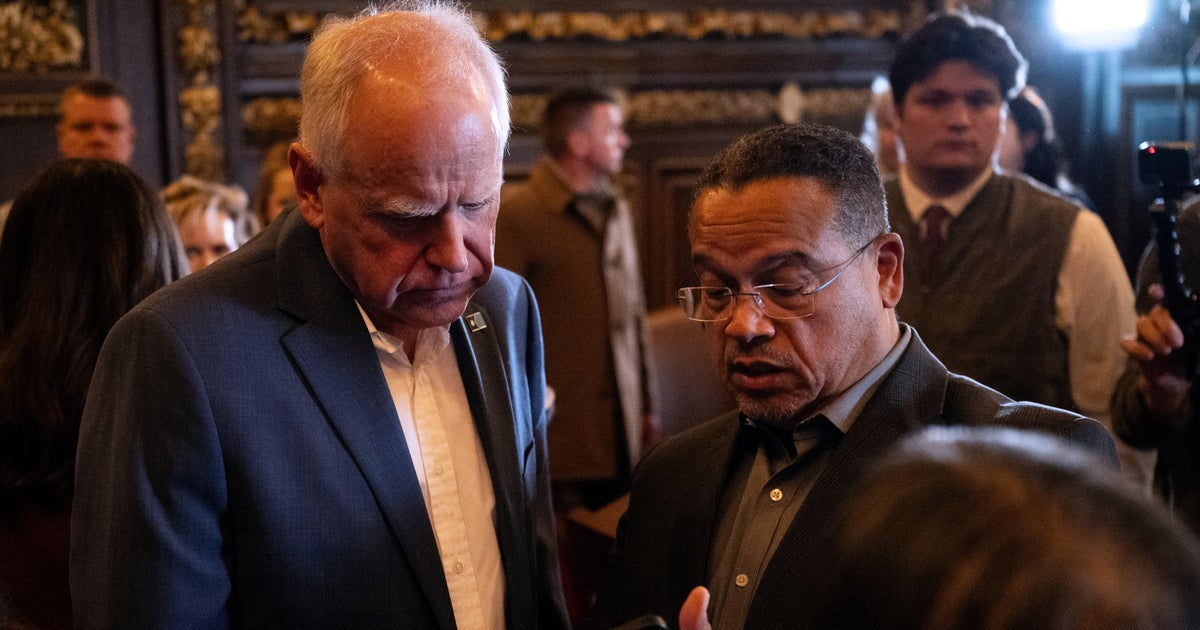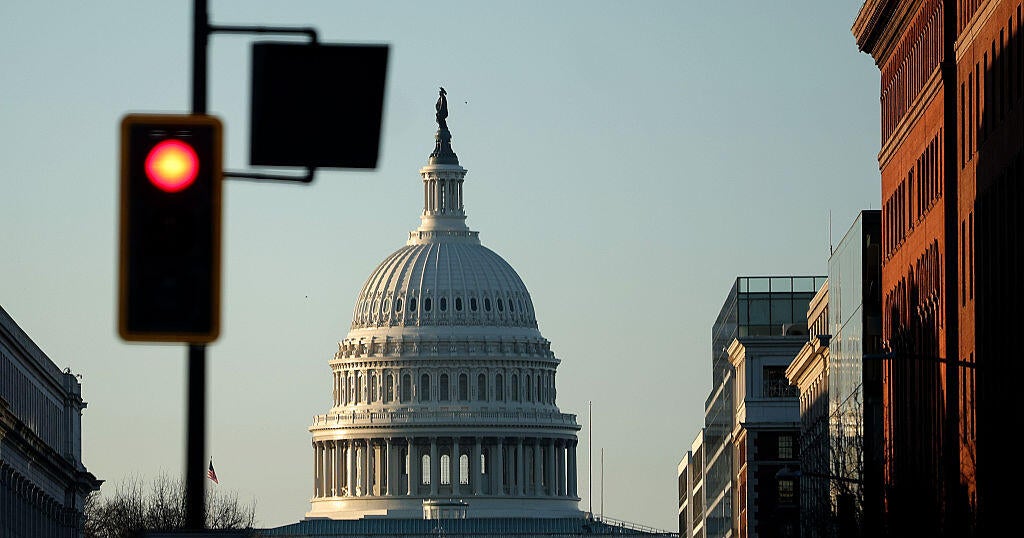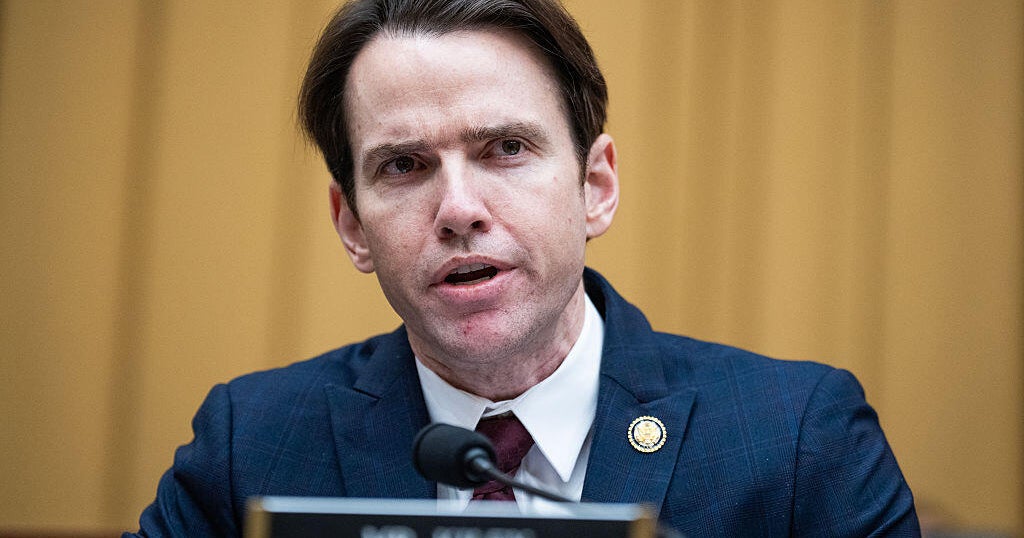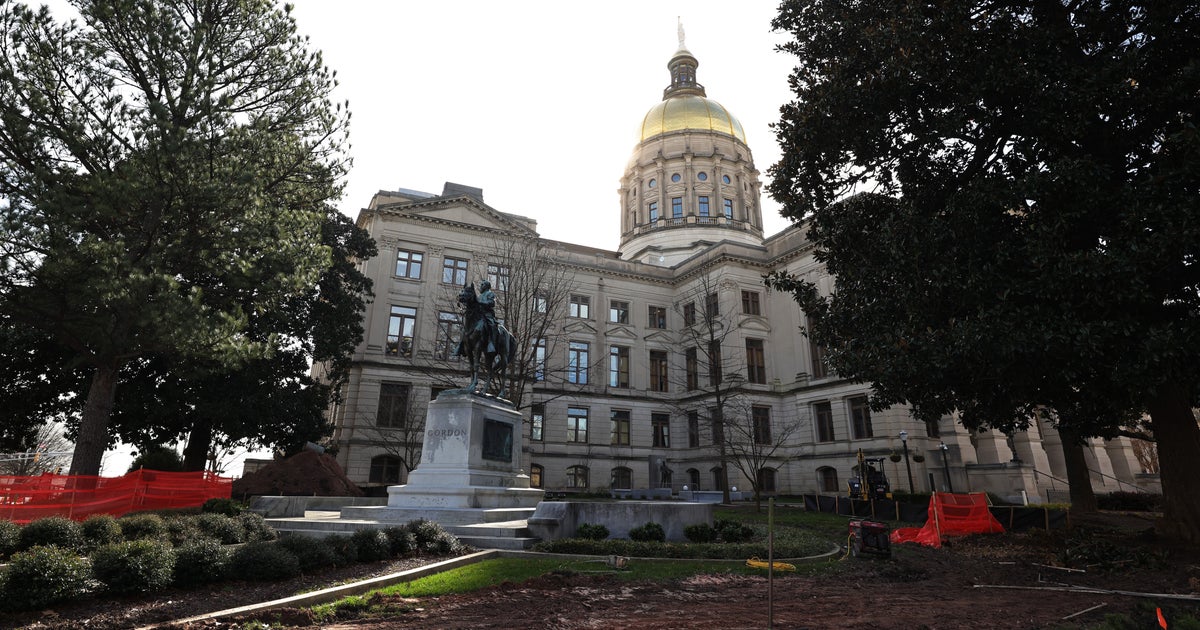State House Committee considers reproductive rights constitutional amendment for Pennsylvania
PITTSBURGH (KDKA) — Will the people of Pennsylvania get to vote on whether to protect abortion rights?
That's what lawmakers in Harrisburg are discussing. KDKA-TV political editor Jon Delano takes a look.
Members of the State House Judiciary Committee heard testimony on Wednesday mostly in support of House Bill 1888, a constitutional amendment offered by state Reps. Danielle Otten and Liz Hanbidge to expand abortion rights in Pennsylvania.
"This bill proposes an amendment to the Pennsylvania Constitution that would explicitly reaffirm and protect every individual's right of reproductive liberty with respect to personal, sexual and reproductive health care decisions," Democratic Rep. Liz Hanbidge of Montgomery County said.
Sponsors cited the Texas situation where a woman, despite her doctor's decision that an abortion was necessary to guarantee her reproductive function in the future, the abortion was denied by judges on the Texas Supreme Court. Lawmakers in Pennsylvania warned that nothing can be taken for granted in Pennsylvania.
"Abortion is now banned in almost half of America. And in many states, it's banned almost immediately after fertilization, often before a woman even knows she's pregnant," Otten, a Chester County Democrat, said.
Meghan Orbich of Oakmont testified in support of the amendment, noting her own difficult decision to go forward with a pregnancy despite being told by doctors that her son would have considerable medical issues after birth, including life decisions.
"We're given this choice when our children are terminally ill, chronically ill and are suffering," Orbich said. "That choice needs to continue and always begin unequivocally with protecting decisions about pregnancy, contraception, and fertility care to be solely between a woman and her doctors."
Pennsylvania's Abortion Control Act allows abortion up until 24 weeks, which critics say is now after viability, and the state law has a waiting period, parental consent for minors, and generally prohibits state-funded abortions.
Attorney Elizabeth Kirk, who directs the Center for Law and The Person at Catholic University, said this amendment, much broader than that voters approved in Ohio, would likely overturn all these restrictions, allowing an abortion up until birth.
"Since this amendment contains no such limiting language, it's intended to apply strict scrutiny to any law touching on abortion through the entire pregnancy — from conception, past viability, past 24 weeks, to the delivery room — and that means post-viability bans or born-alive bans are also vulnerable under this law."
To get a constitutional amendment on the ballot for voters here requires the approval of both the Democratic House and Republican Senate in two different sessions, meaning it cannot happen until 2025 at the earliest.







